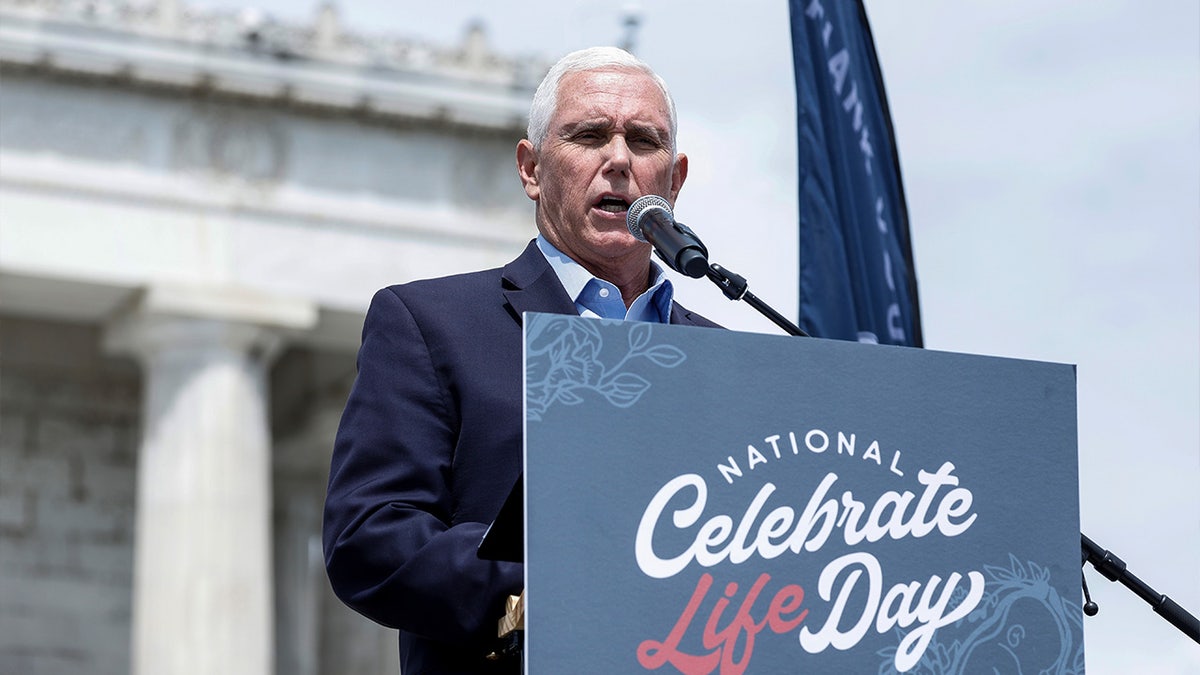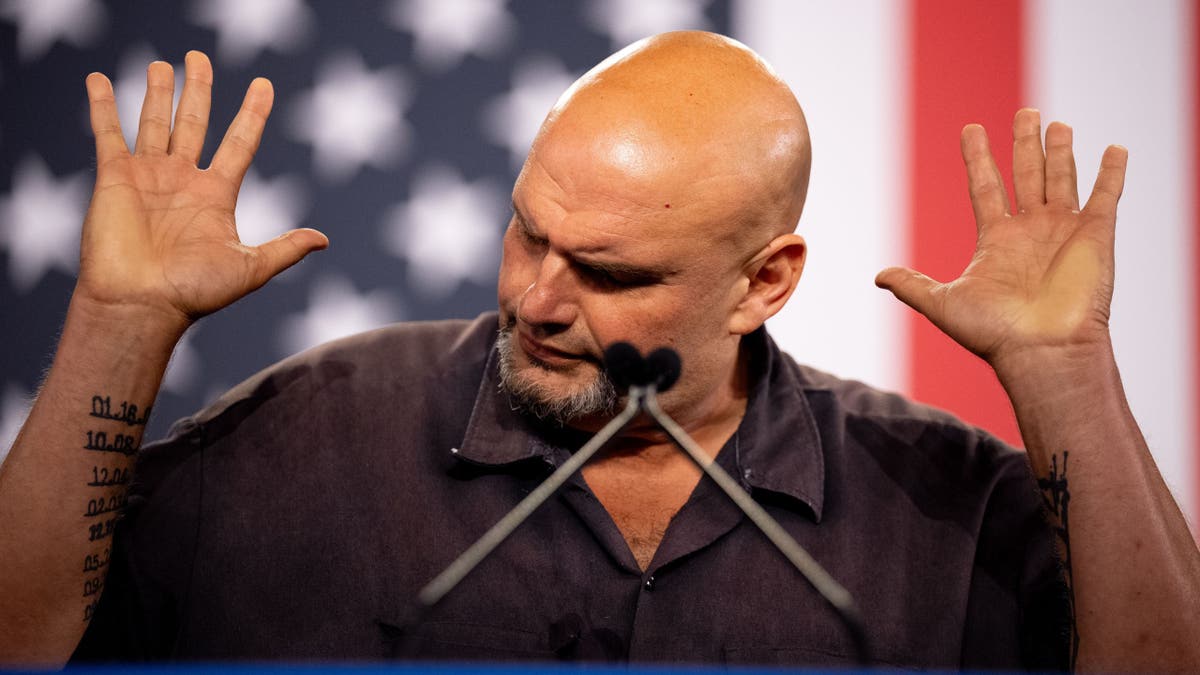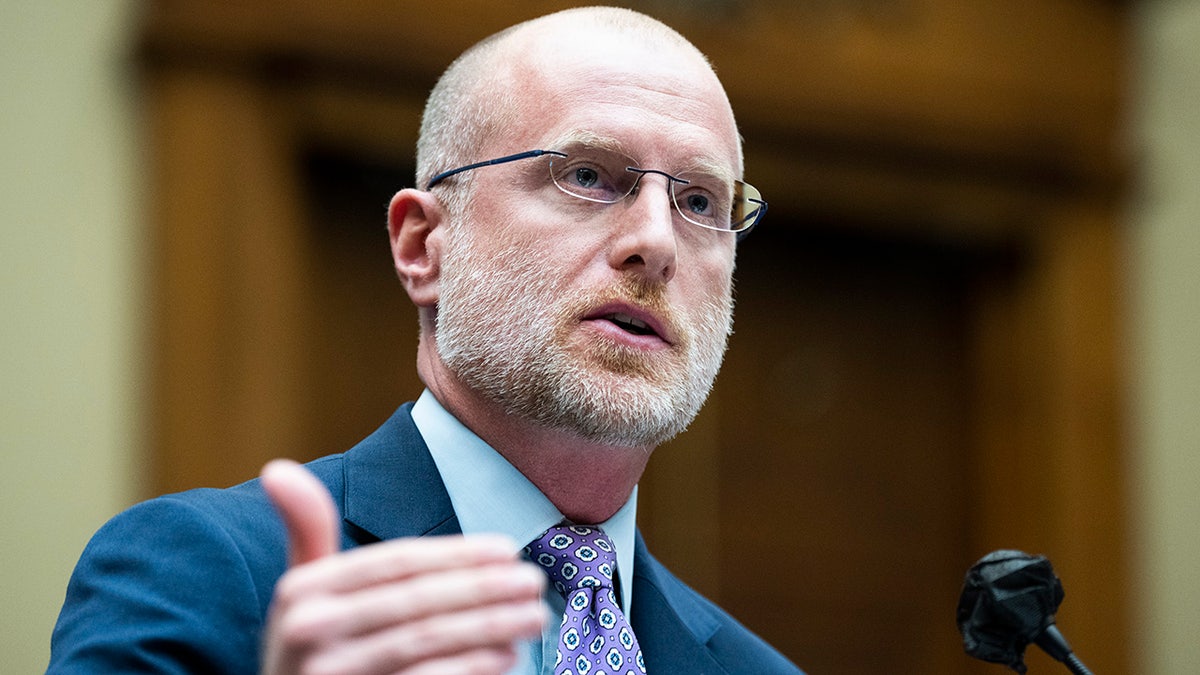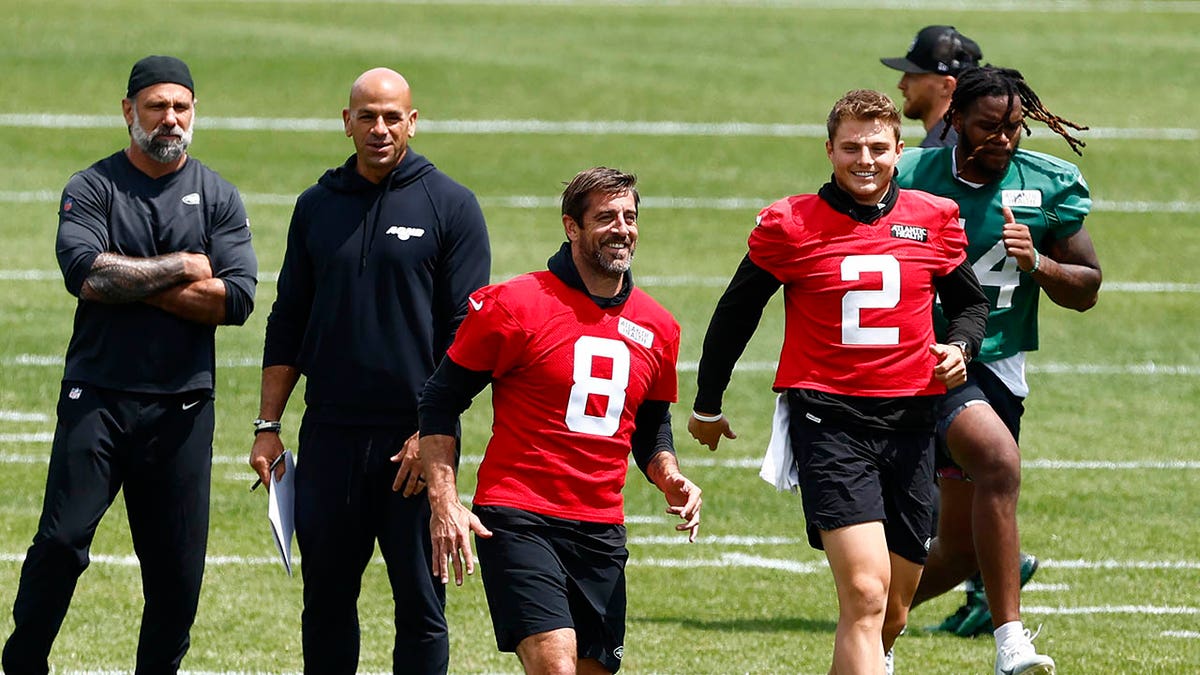In a glimmer of hope amidst the devastating conflict in Sudan, the International Committee of the Red Cross (ICRC) announced the successful release of 125 Sudanese army soldiers. These soldiers, held captive by the rival paramilitary Rapid Support Forces (RSF), were liberated on Wednesday, marking a significant humanitarian effort as the conflict enters its eleventh week.
The ICRC facilitated the transfer of the freed soldiers, 44 of whom were wounded, from the embattled capital of Khartoum to Wad Madani, a city located approximately 100 miles south. The exact location where the soldiers were held remains undisclosed. This act of compassion allows families to reunite during the significant Muslim holiday of Eid al-Adha.
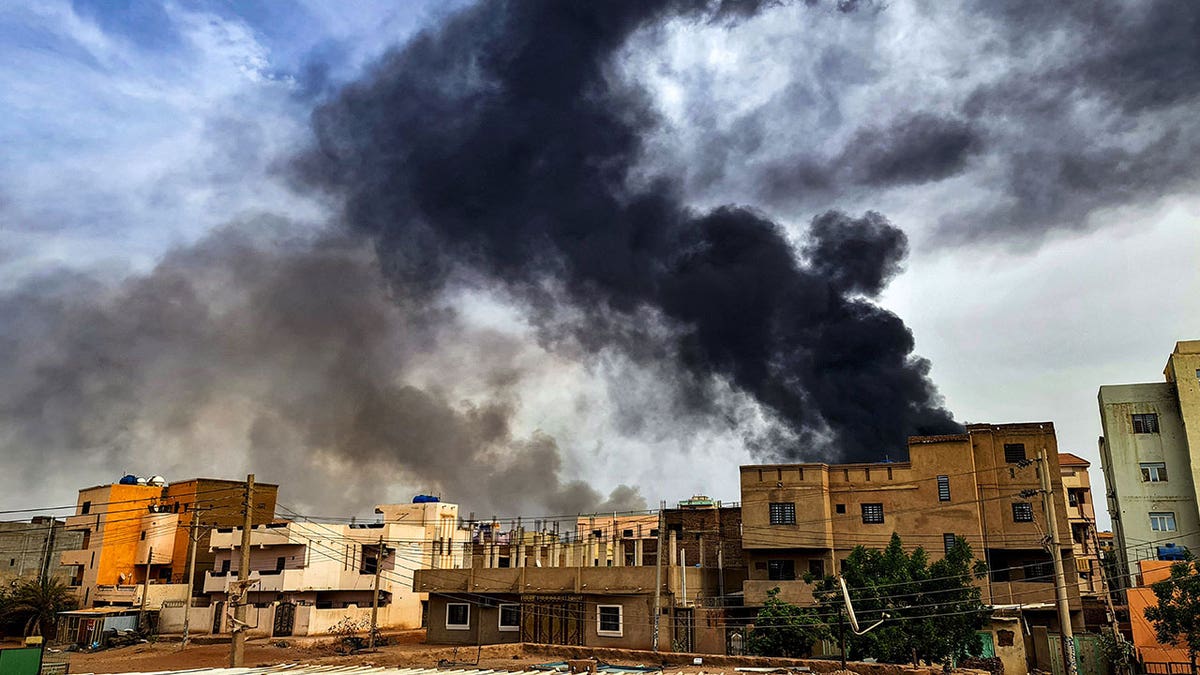
The ongoing conflict between the Sudanese army, led by Gen. Abdel-Fattah Burhan, and the RSF, commanded by Gen. Mohammed Hamdan Dagalo, erupted on April 15th. The violence has resulted in over 3,000 casualties and displaced more than 2.5 million people, according to official reports and U.N. figures. The RSF claims to have captured numerous army soldiers since the conflict began, often showcasing interviews with these detainees on social media. These videos typically depict the soldiers assuring their families of their well-being while in RSF custody.
Both warring generals declared a ceasefire to coincide with the start of Eid al-Adha, but reports from residents suggest that the truce was not fully observed, with intermittent gunfire and explosions still audible. This pattern of broken ceasefires has unfortunately characterized the conflict, hindering efforts to de-escalate the violence. International bodies, including the U.N., have condemned both sides for civilian casualties and violations of international law, citing instances of residential bombings by the army and ethnically motivated violence, including rape, by the RSF, particularly in the Darfur region.
Darfur has become a focal point of the conflict, with reports of the RSF and allied Arab militias targeting non-Arab communities. Accusations of genocide against African civilians have emerged from the Masalit ethnic community, highlighting the severity of the human rights crisis unfolding in the region. Amidst this turmoil, the ICRC continues its vital work, recently rescuing hundreds of children from an orphanage in Khartoum where dozens had perished due to hunger and illness since the conflict began.




